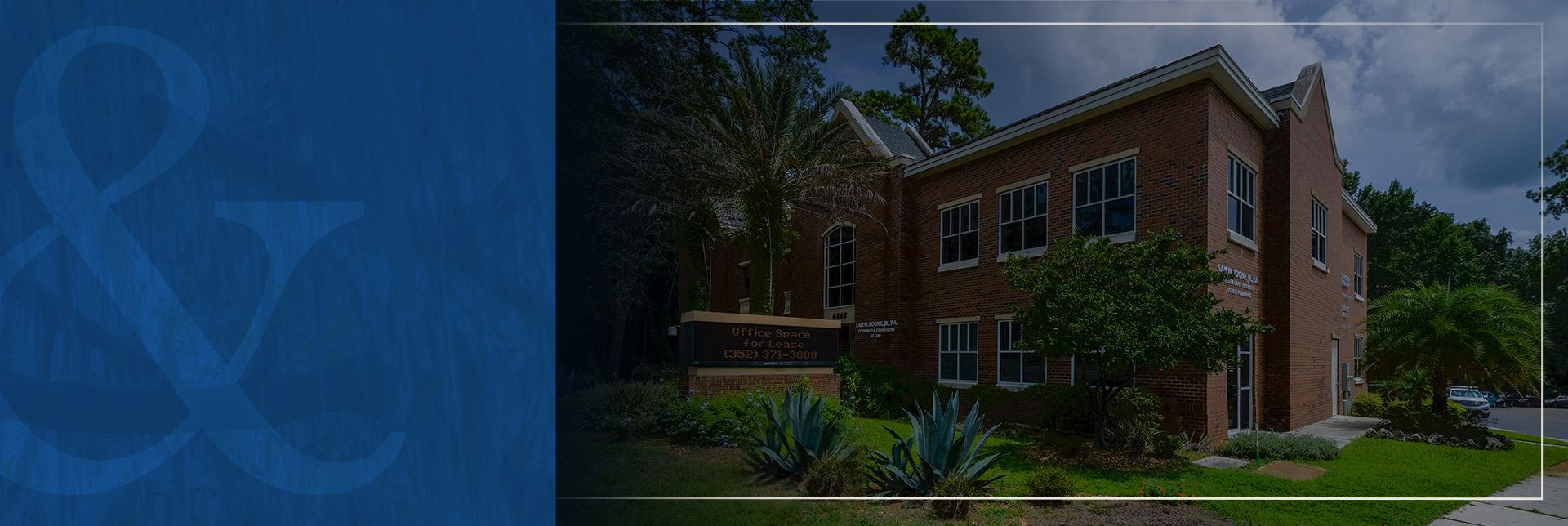When you get behind the wheel of your car, you may not give a second thought about the mental or physical condition of the drivers around you. Nonetheless, substance abuse studies suggest the daily frequency of alcohol and drug consumption has increased since coronavirus restrictions were initially enacted in March. In fact, a Nielsen survey recently confirmed an increase in alcohol sales of more than 50%, when compared to the previous year’s statistical data. To make matters worse, local traffic patterns can change quickly as more drivers take to the road during the holidays.
The World Health Organization (WHO) issued a warning that the increase in alcohol use during the pandemic may have a negative impact on community health due to changes in people’s risk-taking behaviors. Unfortunately, when someone who is impaired gets behind the wheel of a car, their drug or alcohol use can compound the ill effects of any mental health issues like stress, anxiety, and depression. Simply put, driving impaired inhibits a driver’s ability to safely operate a motor vehicle on the roadways and puts others in danger. Moreover, driver-impaired accidents account for nearly one-third of all traffic-related deaths in the United States and Florida ranks second behind California for annual fatalities.
Drunk Driving Accidents on Florida Roadways
All 50 states and the District of Columbia have laws in place to protect the public from impaired drivers. In Florida, it is illegal for anyone to operate a vehicle with a blood alcohol content (BAC) at or above 0.08%. You do not have to be drinking to be guilty of driving under the influence in Florida. Any driver under the influence of a chemical or controlled substance, who is affected to the extent their normal faculties are impaired, is driving under the influence (DUI). Since the term DWI is not used in our state statutes, any type of drug use while driving will likely apply. It is also important to remember that our state has harsh DUI penalties and drunk driving accidents can impact your license, job security, and family income with loss of driving privileges, jail time, and/or a felony conviction. So, take time to anticipate your holiday driving needs and always avoid drinking and driving. The National Highway Safety Administration (NHTSA) recommends that you designate a driver in advance, call a cab, or walk.
How No-Fault Laws Affect Impaired Driver Cases
Because of irresponsible and dangerous behaviors, every year drunk drivers senselessly cause injury or even death to others during the holidays. If you are involved in an accident with an impaired driver, it is important to remember that alcohol or drug-related car accidents are considered 100% avoidable. Since Florida is a no-fault state, your Personal Injury Protection (PIP) policy will cover 80% of your medical expenses up to $10,000. However, PIP policies require that you receive treatment for your injuries within 14 days, so seek immediate medical attention at an emergency room or urgent care clinic.
When accident damages are sufficiently serious or cause injuries requiring long-term medical care, Florida law allows you to bring a tort lawsuit to seek restitution. If the driver who caused an accident was ticketed or arrested at the scene, you may hear from the at-fault’s insurance carrier with an offer for a quick settlement. In either case, if you were seriously injured or a family member died in a DUI accident, it is important to seek the advice of legal counsel. You could be entitled to compensation for medical bills, future medical care, pain and suffering, lost wages, and vehicle replacement costs. But the evidence needed to prove negligence can disappear quickly, so act in a timely manner.
An experienced attorney at Schackow & Mercadante can work quickly to preserve valuable evidence as well as identify all responsible parties to be named in a civil lawsuit. Call 877-798-7700 to speak with a personal injury lawyer.

